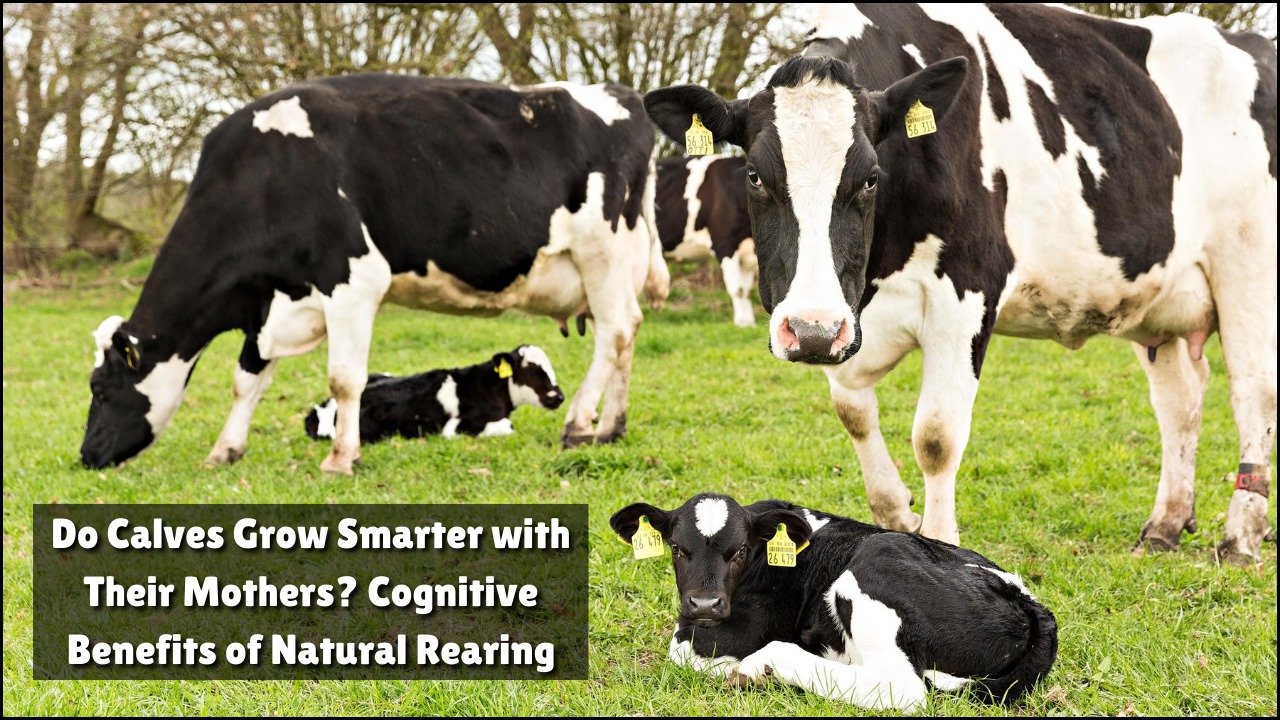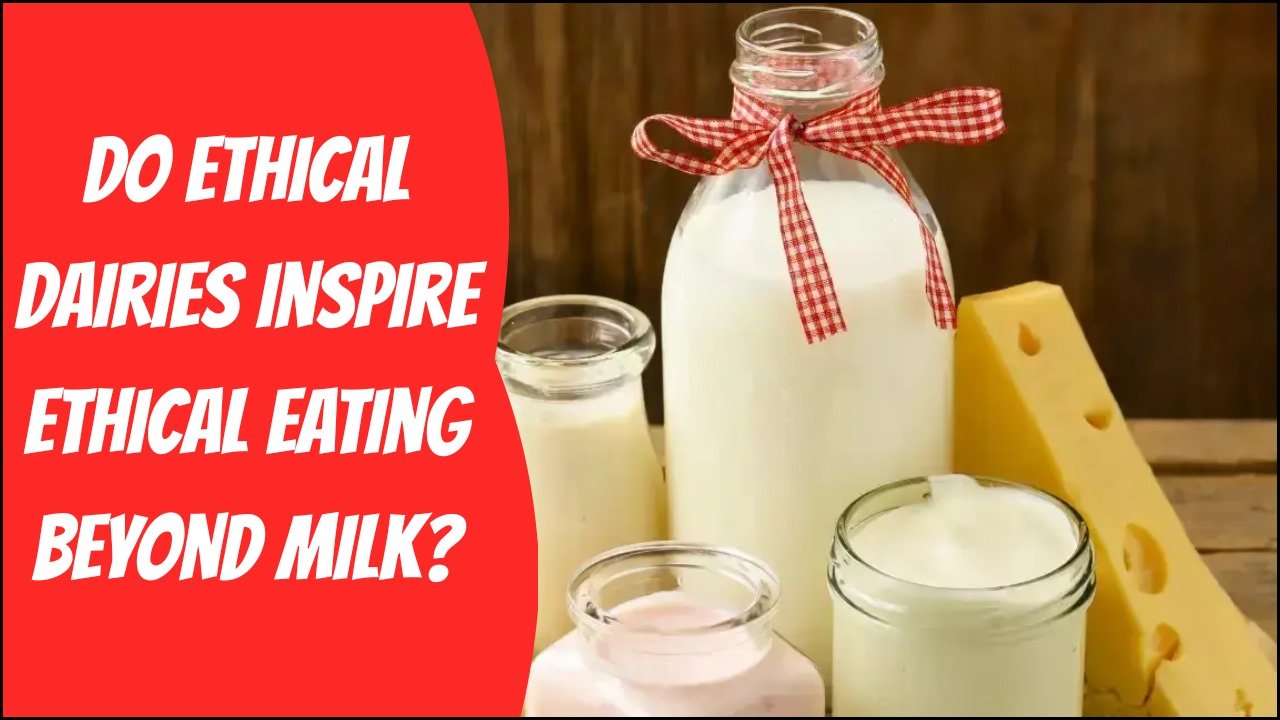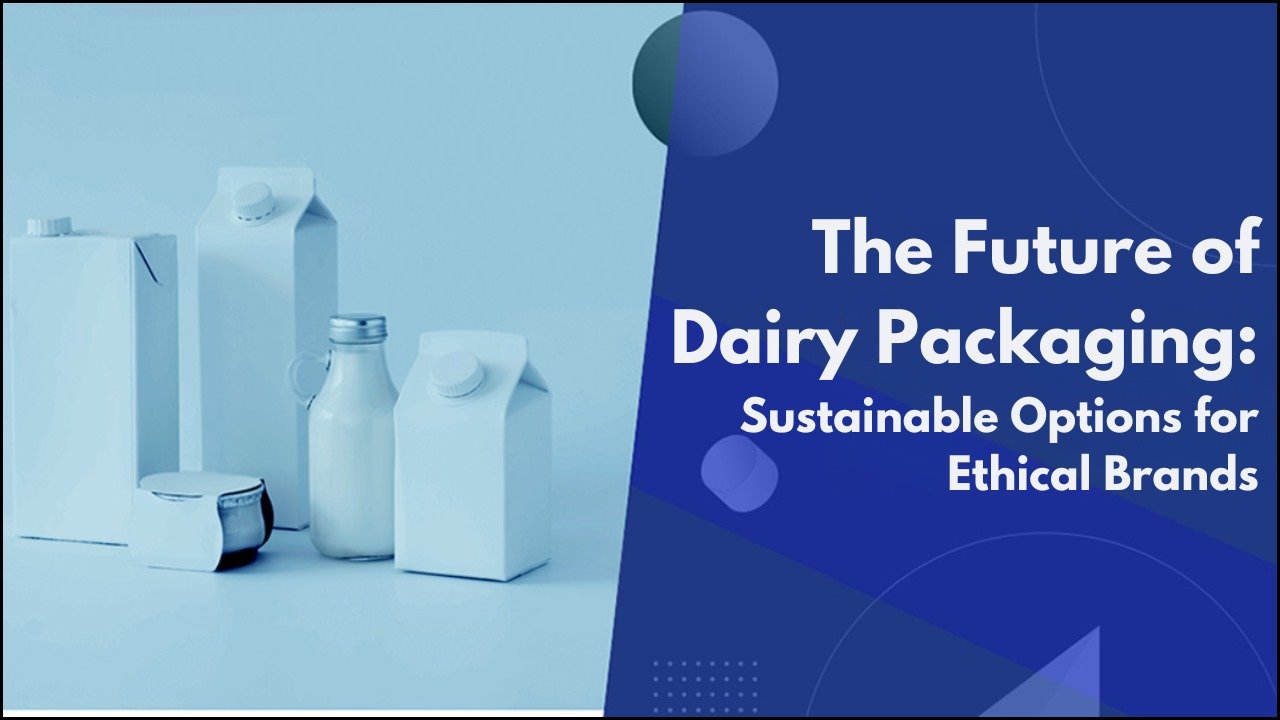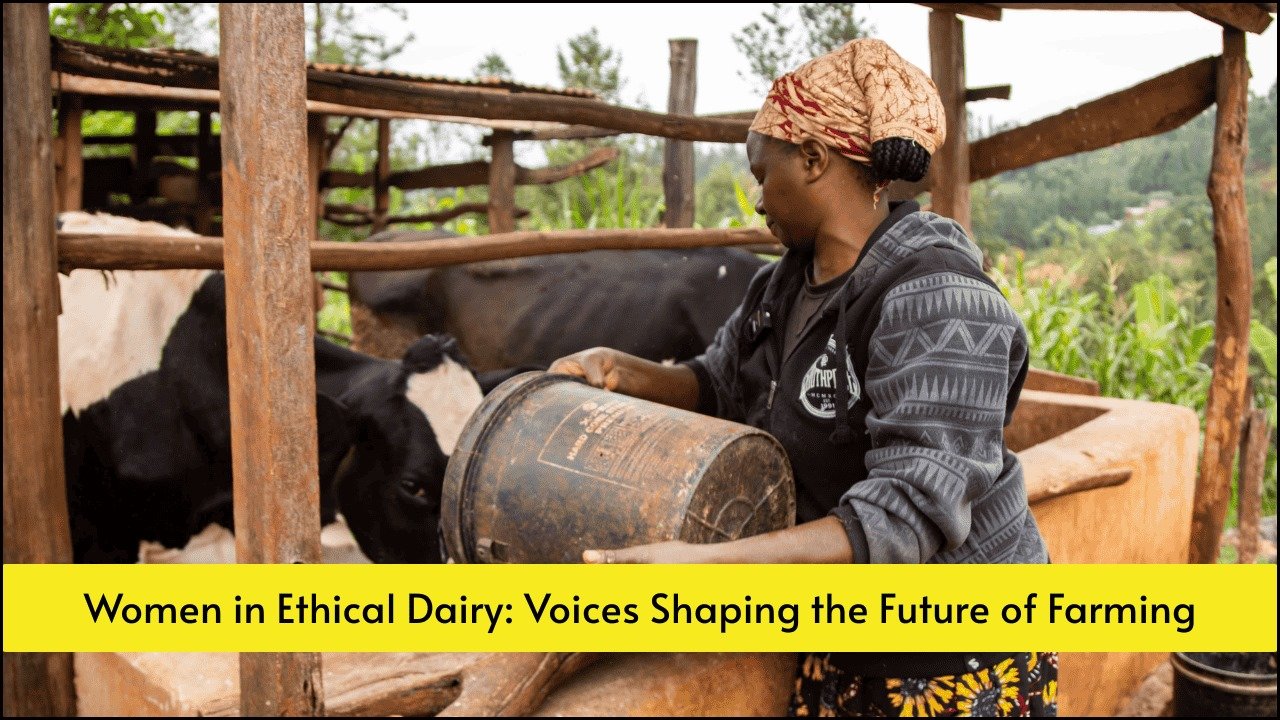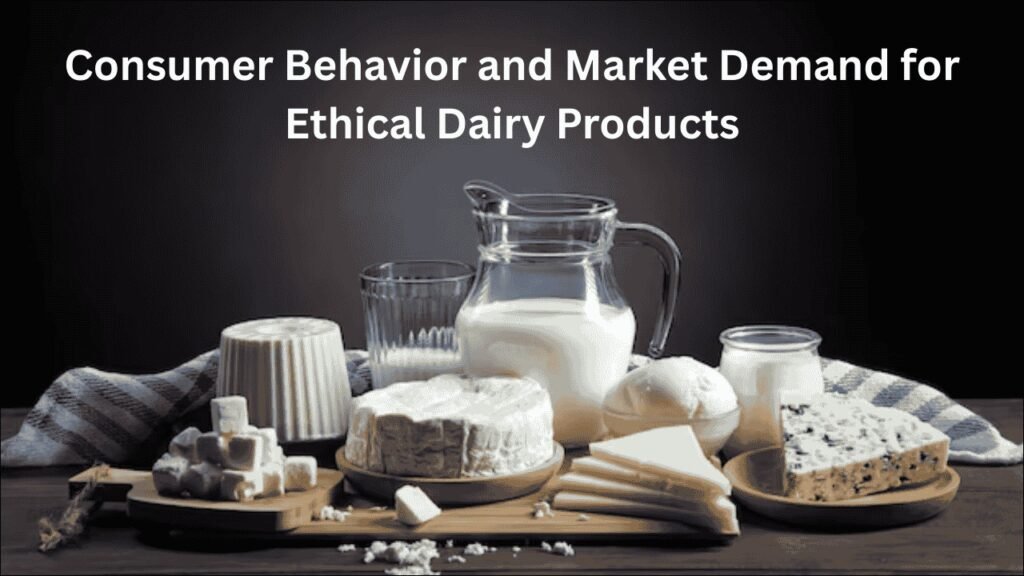
Consumer interest in high-welfare and ethically produced dairy products has been steadily increasing in recent years. This shift is driven by growing awareness of animal welfare, environmental sustainability, and transparent farming practices. Ethical dairy production—where animal well-being, sustainability, and community values are prioritized—is emerging as a distinct market niche, attracting both conscious consumers and premium buyers.
Table of Contents
Overview
| Factor | Impact on Market | Example Strategy |
|---|---|---|
| Animal Welfare Concerns | Boosts demand for high-welfare products | Extended cow-calf contact |
| Sustainability Focus | Appeals to eco-conscious buyers | Low-carbon farming methods |
| Direct Sales Channels | Improves margins and brand control | Subscription delivery models |
| Storytelling Marketing | Builds emotional connection and loyalty | Social media farm diaries |
Rising Demand for Higher Welfare Products
More consumers are now seeking dairy products that align with their ethical values. Concerns over intensive farming, calf separation practices, and environmental impact have fueled demand for alternatives that offer a more humane approach. Brands that invest in better welfare standards, such as keeping cows with calves for longer or providing free-range access, are finding opportunities to stand out in competitive markets.
Brand-Building in the Ethical Dairy Space
Establishing trust is central to marketing ethical dairy products. Producers are focusing on building strong brand identities rooted in transparency, authenticity, and values-driven messaging. By sharing the stories behind their farms—highlighting the farmers, animals, and sustainable methods—brands can connect emotionally with their customers. This storytelling approach not only informs but also reinforces brand loyalty.
Direct-to-Consumer Sales
The rise of direct-to-consumer (DTC) sales models has allowed ethical dairy producers to bypass traditional retail channels. Selling through farm shops, subscription boxes, and online platforms enables farmers to maintain control over pricing while engaging directly with their audience. Premium pricing is justified by the added value of animal welfare, sustainability, and unique product quality. Consumers willing to pay more for these values help sustain the viability of ethical dairy operations.
Competitive Advantage
In a crowded marketplace, storytelling is more than a marketing tool—it is a business strategy. Ethical dairy producers can differentiate themselves by documenting daily farm life, sharing challenges and successes, and offering behind-the-scenes content. This level of transparency fosters trust and positions the brand as an authentic choice for consumers who want their purchases to have a positive impact.
FAQs
Q1: Why are ethical dairy products often more expensive?
A = They are priced higher to reflect the additional costs of improved animal welfare, sustainable practices, and smaller-scale production.
Q2: Do consumers care about how dairy is produced?
A = Yes, a growing segment of consumers actively seeks out products that align with their values, especially around welfare and sustainability.
Q3: How can small dairy farms compete with large-scale producers?
A = By targeting niche markets, using DTC channels, and building a strong brand story, small farms can command premium prices and build loyal customer bases.


